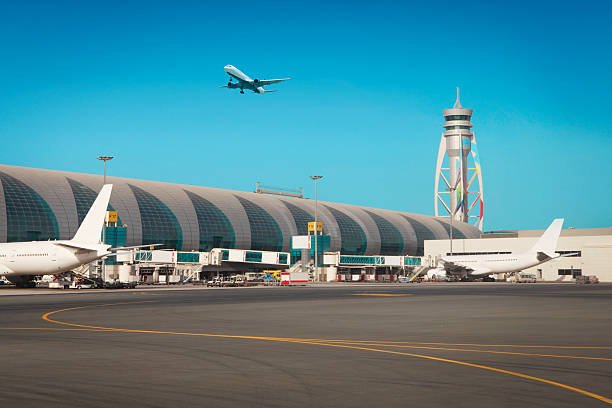UAE Holiday Plans Torn Apart by Sudden Geo‑Tensions
UAE travelers relaxing in Armenia, Azerbaijan, Kazakhstan and beyond were caught off guard when the Israel–Iran standoff sharpened. Airlines swiftly rerouted or canceled flights. With airspace restrictions and dwindling seat availability, prices skyrocketed – from a few hundred to several thousand dollars one way .
Families Forced Into Scramble for Exit Seats
Parents with young children, grandparents, and business travelers alike are now paying heavily to secure a seat out. One family recounted spending “two months’ worth of wages” in a frantic last-minute purchase. Travel agencies in Dubai and Abu Dhabi report record-breaking demand for any available return routes from CIS hubs .

Airlines Dodge Danger Zones to Keep Travelers Moving
Carriers like Emirates, Etihad, flydubai, Air India, IndiGo and Vistara have adjusted flight paths to circumvent Iranian airspace. That led to 15–45 minute delays and steep fuel surcharges. Industry analysts warn: “Lengthy diversions … will add to airline fuel costs and may lead to an increase in airfares across these routes”.

Geo‑Risk Spreads Beyond Middle East, Impacting Global Flyers
Though the hot zone centers on Israel and Iran, the ripple effect is far-reaching. CIS travellers bound for Europe or back home from summer vacations are seeing travel chaos. Airlines are rushing in more expensive alternate flights, creating a perfect storm of stress and cost.
Travel Agents Juggle ‘Frantic’ Customer Demands
Tour operators in the UAE say phone lines haven’t stopped ringing. One agent noted groups expecting to fly from Georgia and Armenia face newly canceled routes and flight reroutes. Similar scenes played out after Eid break in April when Iran launched drone strikes against Israel.


Prices Soar, But Hope Glimmers for Resumption
While CIS return flights now cost thousands, some routes have reopened. Regional airspace closures eased later, enabling UAE flights to resume normalcy. But amid a summer travel surge, volatility remains high .
What Travelers Can Do to Cope
- Check official advisories. Avoid traveling through high-risk zones.
- Book flexible fares. Opt for refundable or changeable tickets as season advances.
- Consider alternate hubs. Rebooking via Istanbul, Tbilisi or Almaty may offer reprieve.
- Keep your agent close. They’re working 24/7 to re-route clients stranded abroad.
The Human Cost
It’s not just money at stake—it’s anxiety and lost memories. Parents talk of crying kids in cramped airport lounges. Singles recount canceled meetups and lost reunions. A young Emirati teacher said, “We paid the price, but at least we came home safe.” This is a deeply personal story of geopolitics colliding with everyday lives.

Key Takeaway
When powerful global conflicts flare up, no traveler is immune. Even holidaymakers in CIS nations are now landing in the crossfire. From forced reroutes to eye-watering fare inflation, the message is clear: in today’s interconnected world, geopolitical sparks can ignite travel chaos at any moment.
Do follow UAE Stories on Instagram.
UAE–India Flights Disrupted Amid Airspace Closures: How Travellers Are Coping













